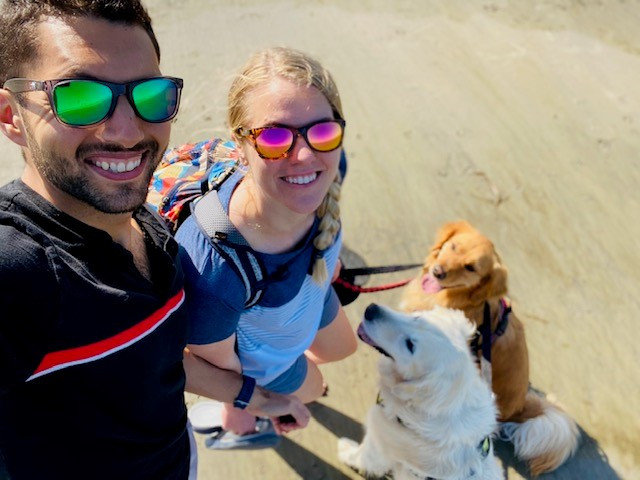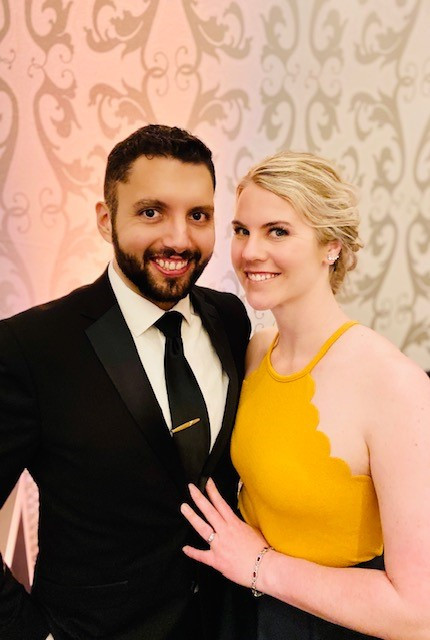
Contributed by Ricardo Lopez
How did a business graduate degree help you?
I originally attended UP as an international undergrad student from Mexico City. As I was graduating with a Finance degree, I was lucky enough to find a job that was compatible with my work visa requirements. That job as an analyst for RVK, an institutional investment consulting firm, was extremely helpful for me because it exposed me to a wide array of investments and career options. In order to continue advancing my career in institutional investments, I had a decision to make: sit for the CFA exams or seek an MBA program. During that time, I received an email from UP describing their new Master of Science in Finance program. I realized it was the best of both worlds. The program’s main courses not only followed the same curriculum as the CFA, but also allowed me to take specific electives, network with peers, and learn from some of the same finance professors that had inspired me as an undergrad. Halfway through my MSF I was able to leverage that experience to land a job at the State Treasury. It wasn’t only the upcoming degree that helped me; the research and programing electives I took provided concrete and applicable new skills. The second year of my MSF program, while challenging as I adapted to a new job, was extremely helpful and pragmatic. Once I earned my degree, I qualified for another position I sought within Treasury.

What are you doing today?
After graduating and transitioning to the new role in Treasury, I had a cemented focus on private market investments. I studied for and passed the CAIA exams. Soon thereafter, I was recruited to take over as Business Oregon’s Investment Strategist and Oregon Growth Board Director. As part of the dual role, I am in charge of two private market portfolios and work on economic development initiatives for the State of Oregon. The Growth Board is one of the State’s approaches to recycle Lottery profits into funding for education programs. We achieve this through an innovative multifaceted strategy; we invest in high-conviction, return-oriented private market funds that have the potential to impact Oregon’s economy, target underrepresented communities, and implement DEI (Diversity, Equity, and Inclusion) frameworks. Although narrowing down the investable universe to that level has been a challenge historically, it has been encouraging to see excellent opportunities arise. Our second portfolio is able to prioritize strategic economic development in order to deploy capital for emerging fund managers, mission-driven organizations, venture conferences, and more. In addition to front-, middle-, and back-office duties for these portfolios, I get to participate in fascinating projects through Business Oregon like the State’s new 10-year Innovation Plan. Involvement in such programs allow me to better understand the State’s economic conditions in order to deploy capital as efficiently and effectively as possible. I can honestly say UP’s Business School has played an invaluable role in my career. I am appreciative of the skills I am able to apply to my everyday work to invest in local and underserved businesses.